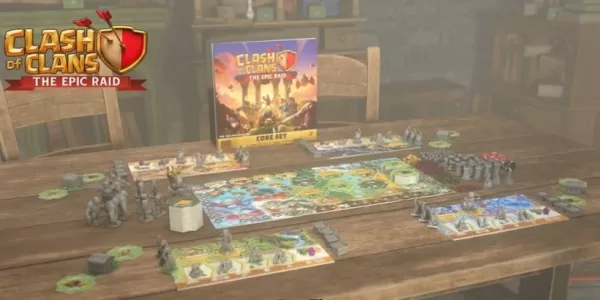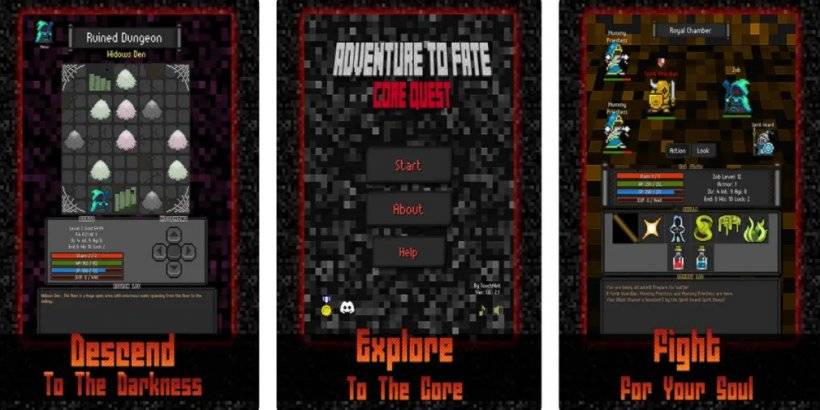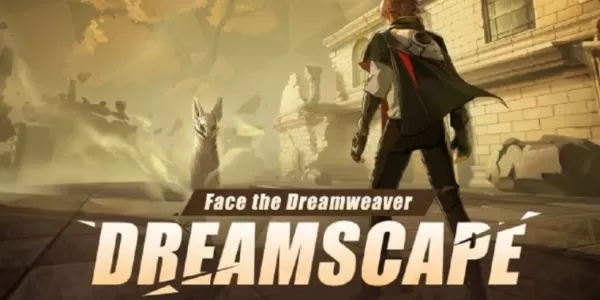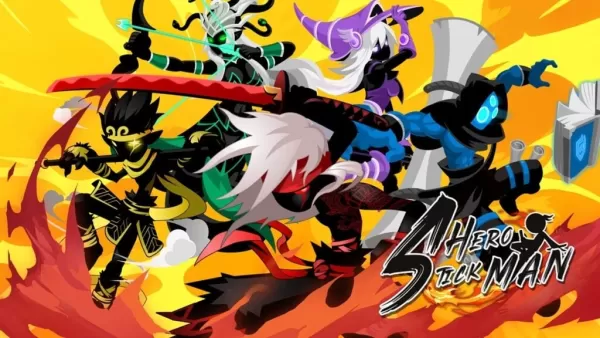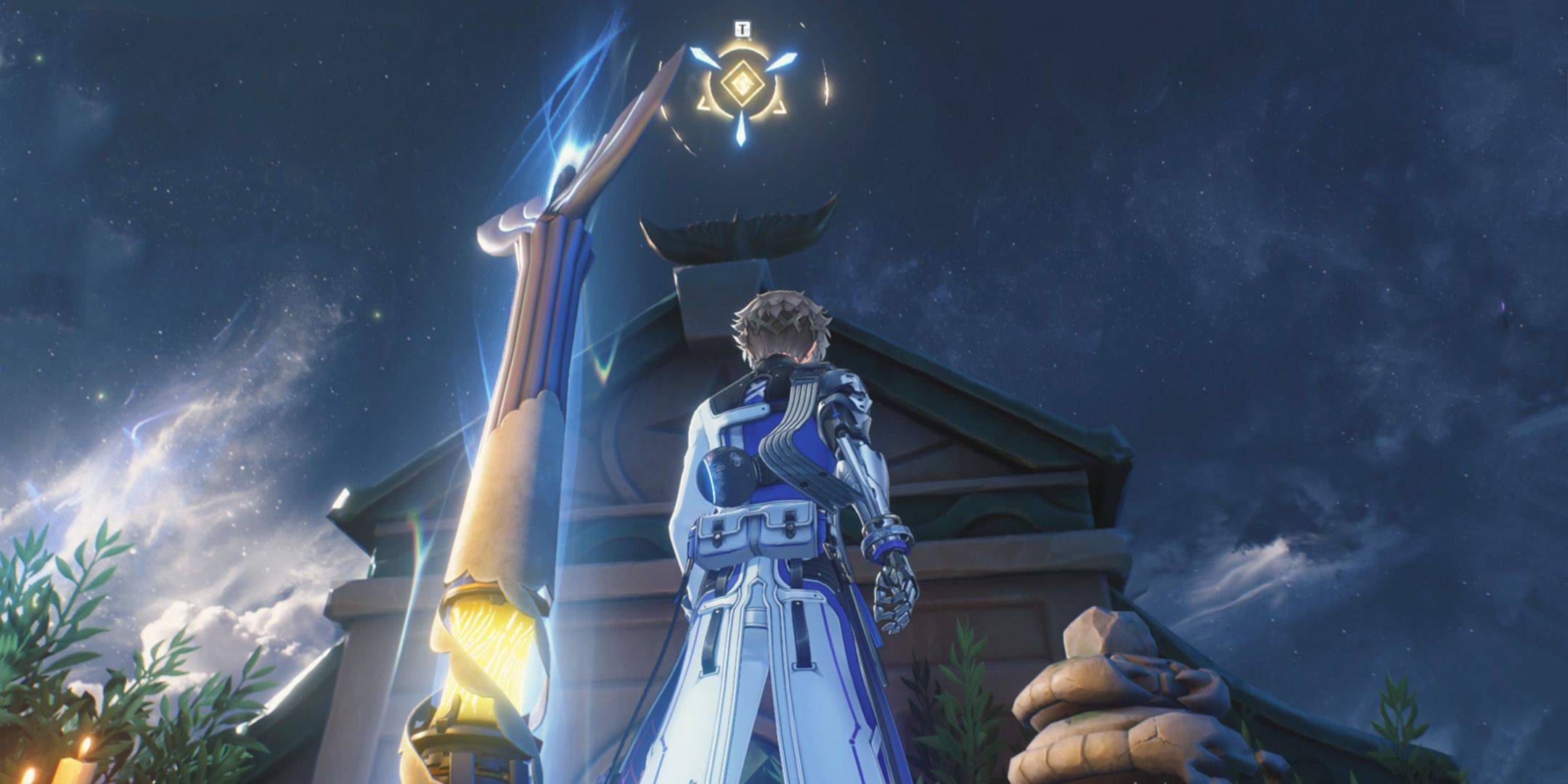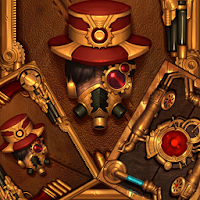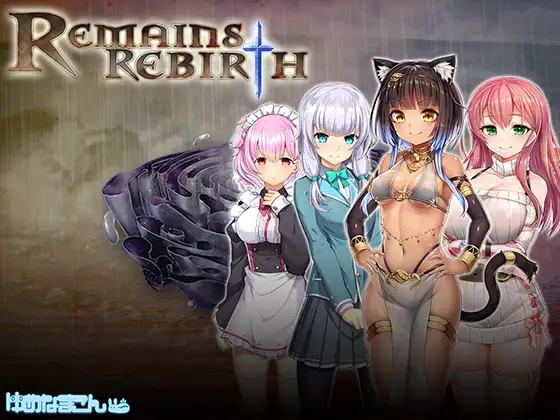Warner Bros. has made the tough decision to cancel its anticipated Wonder Woman game and close three of its studios: Monolith Productions, Player First Games, and WB San Diego. This news was first reported by Bloomberg's Jason Schreier on Bluesky, with a detailed follow-up article on Bloomberg. Warner Bros. later confirmed the closures in a statement to Kotaku, emphasizing a strategic shift to focus on key franchises like Harry Potter, Mortal Kombat, DC, and Game of Thrones.
In their statement, Warner Bros. explained the decision to shutter the studios and cancel the Wonder Woman game was part of a broader strategy to enhance the quality of their gaming offerings. They acknowledged the difficulty of these choices and praised the dedication and talent of the affected teams. The company expressed their ongoing commitment to delivering high-quality games and achieving profitability and growth in 2025 and beyond.
The Wonder Woman game, developed by Monolith Productions, faced challenges earlier this year, including a reboot and a change in directors, as reported by Bloomberg. This cancellation is part of a larger restructuring within Warner Bros.' gaming division, which has also seen layoffs at Rocksteady, a tepid response to Suicide Squad: Kill the Justice League, and the shutdown of MultiVersus. Additionally, the departure of long-time games head David Haddad and rumors of a potential sale of the gaming division have added to the uncertainty.
The closure of these studios is a significant setback for Warner Bros.' efforts to expand its DC universe in gaming. Just recently, James Gunn and Peter Safran indicated that the first DCU video game is still a couple of years away.
Monolith Productions, established in 1994 and acquired by Warner Bros. in 2004, is renowned for the Middle-earth: Shadow of Mordor series, which introduced the acclaimed Nemesis system. Player First Games, founded in 2019, developed MultiVersus, which, despite critical acclaim and a successful launch, did not meet Warner Bros.' expectations. WB San Diego, also founded in 2019, focused on mobile and free-to-play games.
These closures reflect a continuing trend of layoffs, project cancellations, and studio shutdowns in the gaming industry. In 2023, over 10,000 game developers were laid off, with the number rising to over 14,000 in 2024. While 2025 has seen numerous closures, the exact impact on employees remains less clear due to fewer companies reporting specific numbers.

